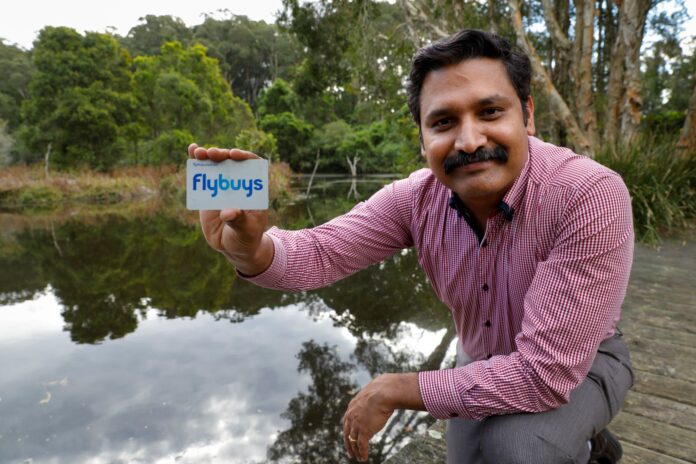You eat roughly a credit card’s worth of plastic every week.
That is according to a new study by the University of Newcastle, which has found humans, on average, may ingest five grams of plastic per week – the equivalent weight of a credit card.
No Plastic in Nature: Assessing Plastic Ingestion from Nature to People calls for governments to step up and play a key role in ensuring the entire chain in the plastic system, from manufacturers to consumers, are held accountable to the common goal of ending plastic pollution.
The research, commissioned by the World Wide Fund (WWF) for Nature, suggests people are consuming about 2,000 tiny pieces of plastic on a weekly basis, 21 grams a month, or just over 250 grams a year.
The single largest source of plastic ingestion is through water, both bottled and tap, all over the world.
University of Newcastle microplastics researcher and project co-lead, Dr Thava Palanisami, said awareness of the issue and its impact on the environment was increasing.
“[However] this study has helped to provide an accurate calculation of ingestion rates for the first time,” he said.
“Developing a method for transforming counts of microplastic particles into masses will help determine the potential toxicological risks for humans moving forward.”
The university is the first to combine data from more than 50 studies on the ingestion of plastic by people.
WWF’s international director general, Marco Lambertini, said the findings were a wake-up call to governments.
“Not only are plastics polluting our oceans and waterways and killing marine life – it’s in all of us and we can’t escape consuming plastics,” he said.
“Global action is urgent and essential to tackling this crisis.”
Mr Lambertini added the only way to solve the worldwide problem was to address the root cause of plastic pollution.
“If we don’t want plastic in our bodies, we need to stop the millions of tons of plastic that continue leaking into nature every year,” he said.
WWF has called for a legally binding treaty on marine plastics pollution, with a global petition already attracting more than 500,000 signatures.
More stories:







